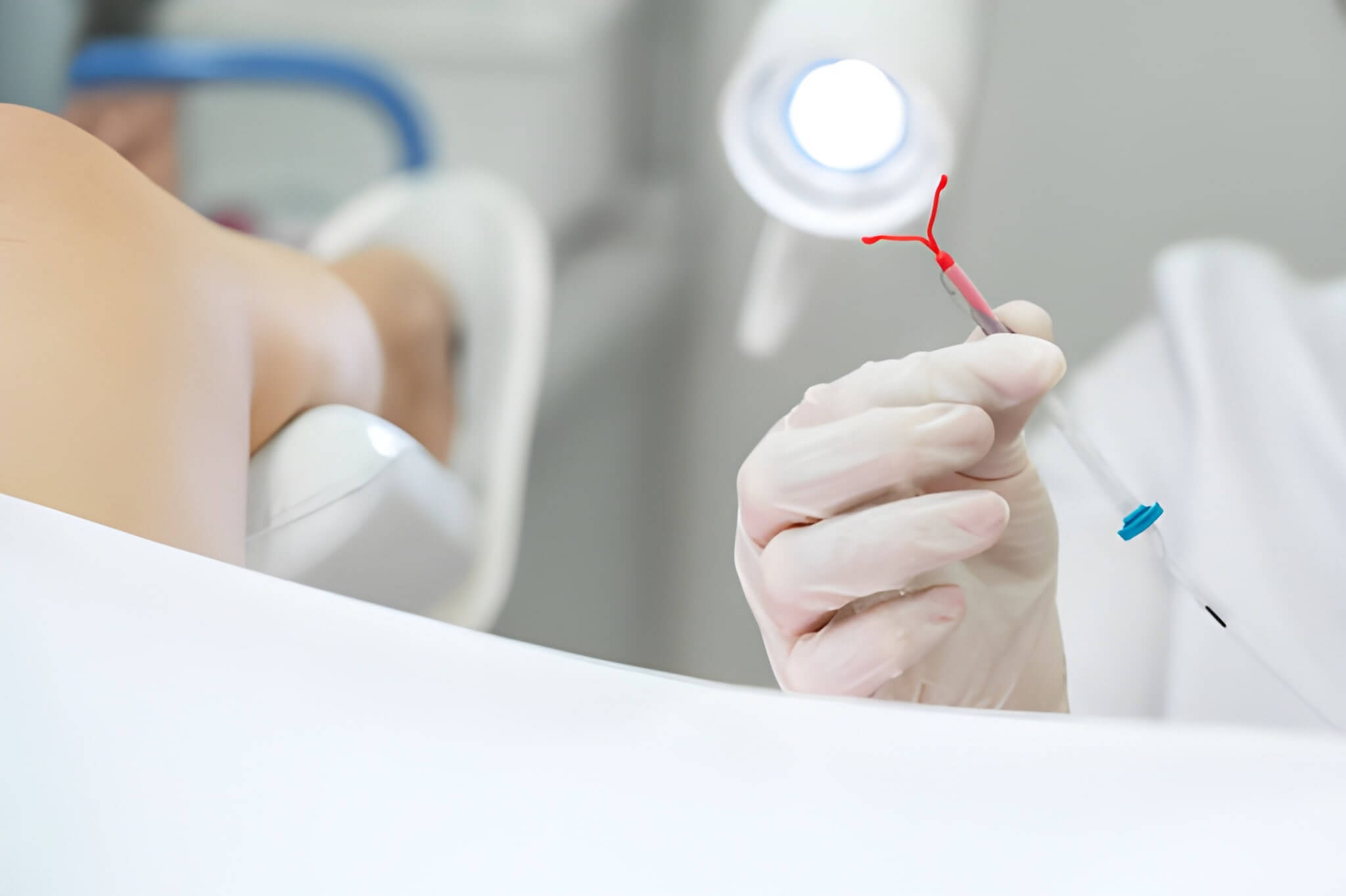If you’re considering birth control options, an intrauterine device (IUD) may be on your list. IUDs are one of the most effective, low-maintenance forms of contraception available. But before choosing this method, you may wonder: “How do I prepare for IUD insertion? Does it hurt? How long does an IUD appointment take?”
As a Family Nurse Practitioner specializing in women’s health in Hartford, CT, I’ve guided many patients through their IUD insertion appointments. This guide will cover everything you need to know—from how to prepare, what to expect during the procedure, and what recovery looks like afterward.
What Is an IUD?
An IUD (intrauterine device) is a small, T-shaped device inserted into the uterus to prevent pregnancy. There are two main types:
-
Hormonal IUDs (Mirena, Kyleena, Skyla, Liletta): release progestin to thicken cervical mucus and thin the uterine lining.
-
Copper IUD (ParaGard): uses copper’s natural spermicidal effect.
Both types are over 99% effective and can last anywhere from 3 to 12 years, depending on the brand.
How to Prepare for IUD Insertion
One of the most common concerns Hartford women have is “What should I do before my IUD appointment?” Here’s how to prepare:
1. Schedule Smartly
-
Avoid scheduling during your heaviest period days, though placement during menstruation is possible.
-
Many providers recommend insertion during or right after your period, since your cervix is naturally softer.
2. Eat Before Your Appointment
-
Have a light meal—don’t arrive on an empty stomach.
-
Low blood sugar can increase dizziness during the procedure.
3. Take Pain Relief in Advance
-
Many providers recommend taking ibuprofen (600–800 mg) an hour before your appointment.
-
This reduces cramping during and after insertion.
4. What Not to Do Before Getting an IUD
-
Do not douche or use vaginal products before your appointment.
-
Do not self-medicate with anything not recommended by your provider.
-
Shaving or grooming is optional—you do not need to shave before IUD insertion unless you personally prefer it.
5. Sexual Activity Before Insertion
-
Can you have sex before an IUD? Yes, but your provider may ask if it was protected or unprotected.
-
If there’s any chance of pregnancy, a pregnancy test may be required before insertion.
What Tests Are Done Before IUD Insertion?
Before your IUD is placed, your Hartford provider may recommend:
-
Pregnancy test (to confirm you are not pregnant)
-
STD screening (chlamydia, gonorrhea)
-
Pelvic exam (to check uterine size and position)
These tests ensure safe insertion and reduce the risk of infection.
The IUD Insertion Appointment
If you’re asking “How long does an IUD appointment take?”—here’s what to expect:
-
Preparation (10–15 minutes)
-
Medical history review
-
Informed consent discussion
-
Pelvic exam
-
-
Insertion (5–10 minutes)
-
A speculum is inserted to visualize the cervix.
-
The cervix is cleaned with antiseptic.
-
A small instrument measures the uterus.
-
The IUD is inserted through a thin applicator.
-
-
Post-insertion monitoring (5–10 minutes)
-
You may rest briefly in the office to recover from cramping or dizziness.
-
👉 Total time: 20–30 minutes on average.
Does IUD Insertion Hurt?
Pain varies from woman to woman. Most describe it as:
-
Mild to moderate cramping during the actual placement
-
A sharp pinch when the IUD passes through the cervix
-
Temporary cramping afterward
Your provider can offer IUD insertion tips to help reduce discomfort, such as:
-
Using a smaller speculum
-
Prescribing medication to soften the cervix
-
Recommending relaxation techniques and breathing exercises
After IUD Insertion: What to Expect
It’s normal to experience side effects after your IUD appointment.
Common short-term side effects:
-
Cramping for a few hours to a few days
-
Light spotting or bleeding
-
Mild dizziness right after insertion
Longer-term changes:
-
Hormonal IUDs (Mirena, Kyleena, Skyla, Liletta): lighter periods, or even no periods over time
-
Copper IUD (ParaGard): heavier or more painful periods, especially during the first 3–6 months
How Long Does an IUD Last?
-
Hormonal IUDs: 3–7 years depending on the brand
-
Copper IUD (ParaGard): 10–12 years
Your Hartford provider will schedule IUD replacement if you want to continue with this method once it expires.
Can You Have Sex After IUD Insertion?
Yes—but timing depends on the type of IUD:
-
Hormonal IUDs: Take about 7 days to be fully effective unless inserted during your period.
-
Copper IUDs: Work immediately after insertion.
Your provider will confirm whether you need backup contraception temporarily.
Where to Get an IUD in Hartford
Hartford women have excellent access to reproductive health services. Clinics offering IUD insertion and follow-up care include:
-
Saint Francis Hospital Women’s Center
-
UConn Health OB/GYN Services
These providers offer both first-time IUD placements and IUD replacements.
FAQs About IUD Insertion
1. How should I prep for IUD insertion?
Eat beforehand, take ibuprofen, and avoid vaginal products.
2. Should I shave before getting an IUD?
No. Shaving is optional and not medically necessary.
3. How long does an IUD appointment take?
Usually 20–30 minutes, with insertion itself lasting about 5 minutes.
4. Can you have sex before IUD insertion?
Yes, but unprotected sex may require a pregnancy test before placement.
5. What to expect after IUD insertion?
Cramping, spotting, or heavier periods (with copper IUD) are normal for the first few months.
Final Thoughts
IUD insertion is a quick, effective, and safe procedure that provides long-term birth control for Hartford women. While some cramping or side effects are normal, preparation and communication with your provider can make the process much smoother.
At HealthGardeners, I guide patients through every step of the process—whether it’s their first IUD placement or a replacement—so they feel comfortable, informed, and confident in their reproductive health choices.
Disclaimer: This is informational content, not a substitute for professional medical advice.
“Check out our Hartford-focused women’s wellness resources at Hartford Health.”

Meghan Killilea Galli, APRN, FNP-BC, is a Connecticut-based board-certified Family Nurse Practitioner with over 5 years of experience in urology, women’s pelvic health, and primary care. She practices with Hartford HealthCare and Griffin Faculty Practice Plan and founded Health Gardeners to share reliable, evidence-based health information.
Read More
